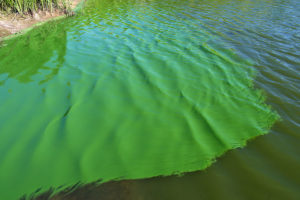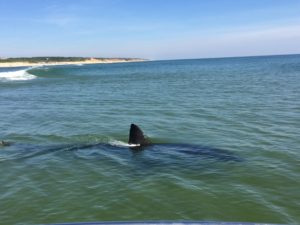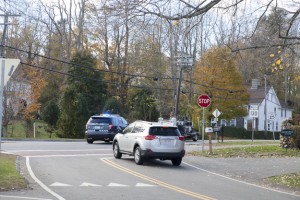
Photo by Christian Fischer
MASHPEE – A Mashpee health official provided an update on identifying the number of cesspools in the town despite a recent setback in those efforts.
Health Agent Zachary Seabury addressed the board at its February 13 meeting.
Seabury said although the person tasked with compiling the information on cesspools had been given adequate training and support, the data they gathered on which properties in Mashpee had cesspools was incorrect.
“It’s pretty much starting from scratch again,” Seabury said to the board.
In a phone interview Tuesday afternoon with CapeCod.com, Seabury said that the inaccuracies were due to a clerical error made by a staff member who has since been let go.
Seabury added that no town decisions were based on the data since the error was caught in time and that no burden was put on any Mashpee residents.
The update comes as the board is hoping to use the figures to notify property-owners with the outdated systems that they’re in violation of town regulations.
The act would protect local waters since cesspools are banned in Mashpee. A report said that cesspools don’t treat wastewater and can release nitrogen and pathogens directly into groundwater.
The select board said it had tasked previous health agent Glen Harrington with gathering in-depth information about the number of septic systems in the town, the number of cesspools, and Title 5 compliance.
Vice Chair John Cotton said the board had been waiting on the figures for about two years. Seabury has inherited the project since he was brought on as health agent four months ago.
The board was looking for the information to determine properties with cesspools that were within 100 or 300 feet of watersheds due to concerns that the systems were potentially not being managed.
“Better than 50% of those recorded cesspools that we were aware of were not even pumped in over 10 years,” Cotton said.
The Association to Preserve Cape Cod’s annual State of the Waters said the continuing decline of local waters is largely due to excess nitrogen from inadequate septic systems.
The state’s proposed Title 5 changes are hoping to address those water quality issues. The changes would call for property-owners near impacted waters to upgrade to innovative/alternative (I/A) septic systems.
The other option would be for towns to apply for watershed permits, which would likely lead to expansive sewer work on state-approved timelines.
Seabury said that Mashpee will need to keep an eye out on the new state regulations since they affect potential improvements homeowners might have to make.
“We don’t want to make people upgrade and then in four years have to upgrade again because the system we made them put in is not good enough for what the state is going to require,” he said.
Cotton suggested possibly allowing cesspools in the town’s first two phases of sewer work to remain with restrictions until the properties get hooked up to the town.
As broader discussions got underway, he reminded the board that first Mashpee would need more information.
“It starts with, first off, how many cesspools do we have in town. Until we know that number we can’t even talk about a plan,” Cotton said.
The process of figuring out where the cesspools are located is extensive. Seabury explained in the meeting that data from all properties near watersheds must be examined.
Member Michaela Wyman-Colombo suggested that the town should notify residents as cesspools are located.
Seabury was receptive to the idea and said he would start drafting regulations.
Seabury said that Mashpee residents who want to learn more about the matter can contact him with any questions.
By Brian Engles, CapeCod.com NewsCenter
























